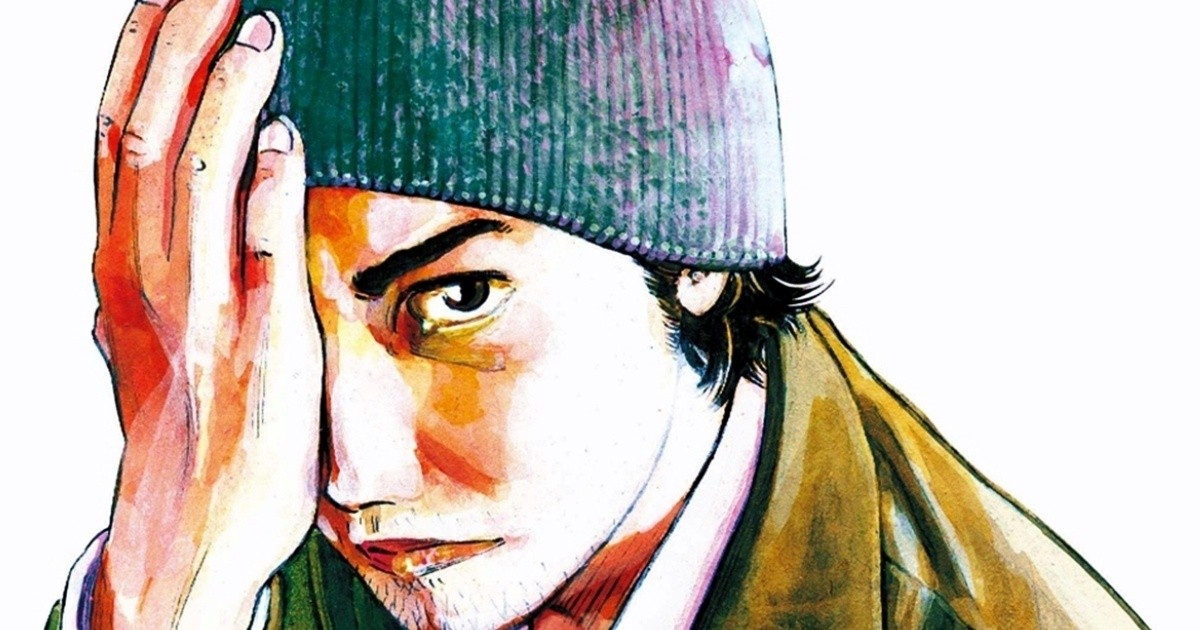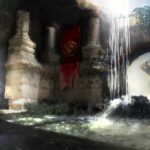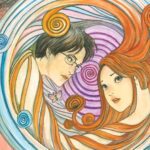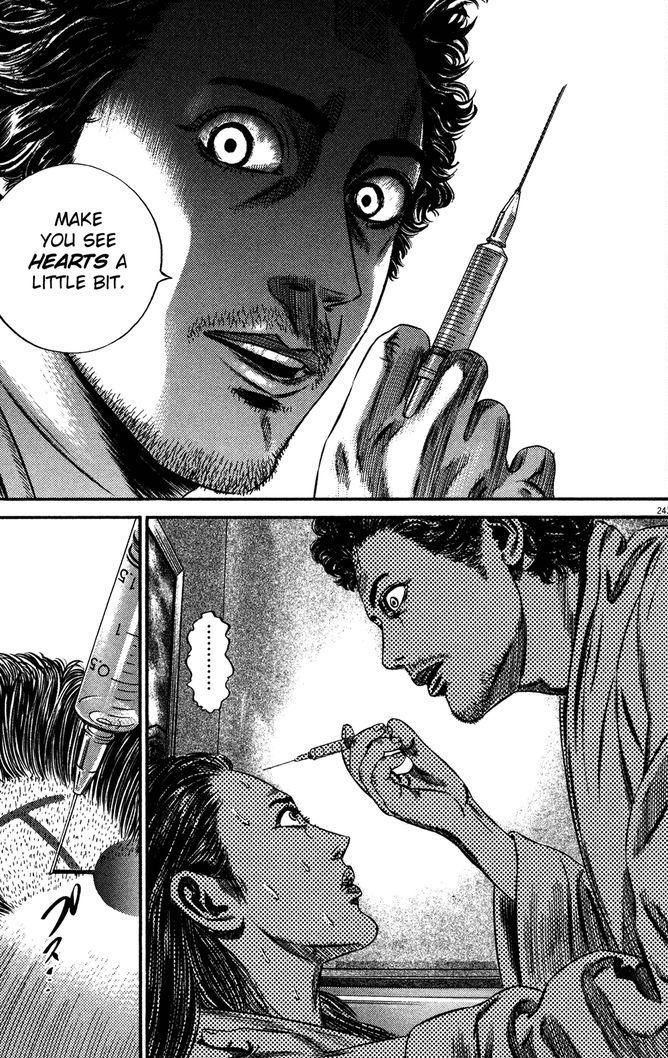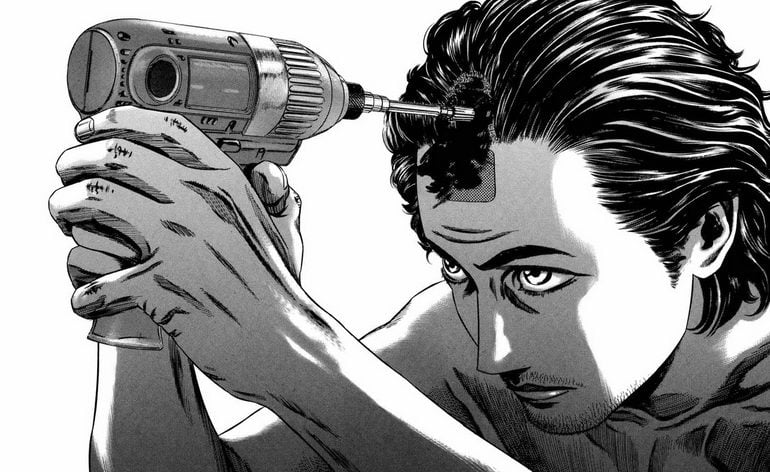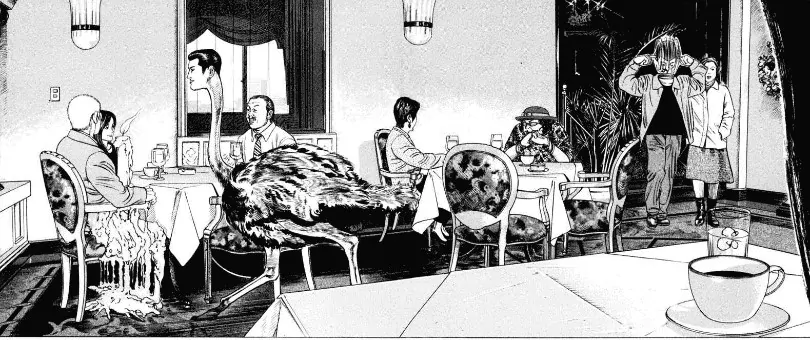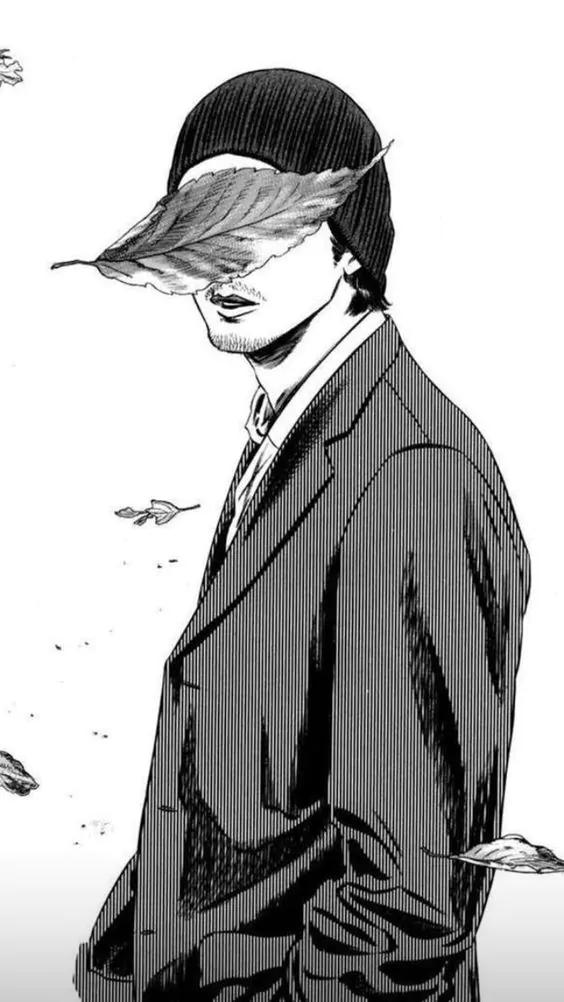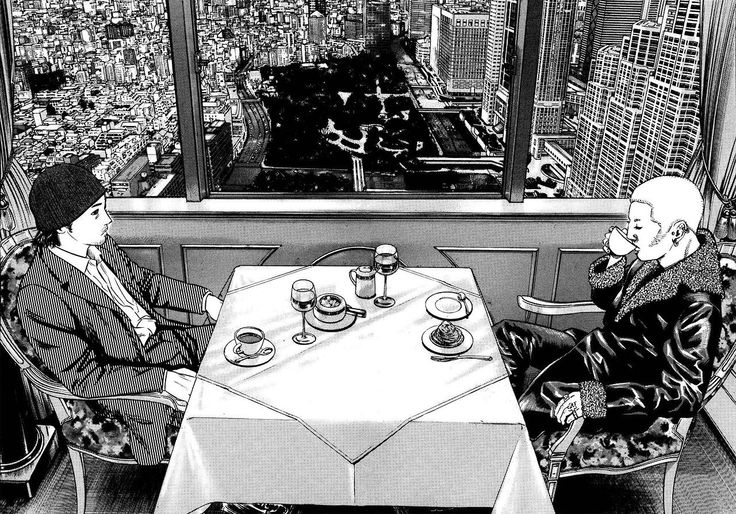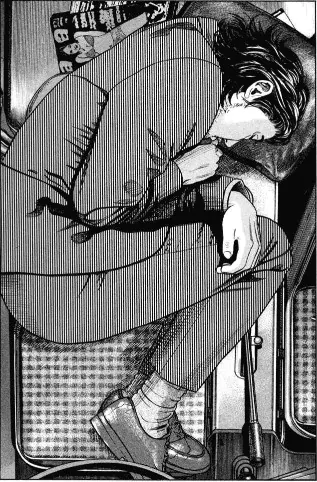Homunculus: The Eye of Soul
What would you see if you could glimpse the soul?
If you could uncover their deepest fears, hidden desires, and the truths they conceal behind a facade? This is the unsettling question posed to Susumu Nakoshi, a homeless man who, through an experimental operation, gains a shocking power: the ability to visualize “homunculi,” the physical representations of the human unconscious.
In a whirlwind of suspense and psychological introspection, “Homunculus“ takes us on a dark and captivating journey into the human mind. It goes far beyond a mere psychological thriller, offering a profound reflection on the nature of identity, fear, and the fragility of the human soul. Prepare yourself for an intense and unforgettable reading experience that will force you to ask existential questions and challenge everything you think you know about yourself and others.
The Power of the Left Eye
At the heart of the narrative is Susumu Nakoshi, an apparently ordinary man who, through an experimental operation, gains the ability to see “homunculi,” the physical manifestations of people’s unconscious minds. This power makes him a privileged observer of the human soul, but it also forces him to confront a disturbing and unsettling reality.
A Distorted World
The homunculi that Nakoshi sees are often grotesque creatures, distorted caricatures of the people who harbor them. They are the visual manifestations of their fears, traumas, and repressed desires. This distorted and surreal world reflects the complexity of the human psyche and the fragility of identity.
Central Themes
Identity: Who are we truly? What do we hide behind our façades? These are the questions that torment both Nakoshi and the characters he encounters.
Fear: Fear serves as the driving force of the story. The fear of judgment, loneliness, death, loss… all these emotions are deeply explored, revealing the inner turmoil of the characters.
Society: Homunculus also acts as a social critique, highlighting the ills of contemporary society, such as alienation, superficiality, and the obsessive pursuit of success.
Morality: The manga raises questions about the nature of good and evil, ethics, and individual responsibility, challenging the reader to reflect on these complex issues.
Narrative and Visual Style
Yamamoto’s narrative style is slow and contemplative, allowing the reader to fully immerse themselves in the dark and unsettling atmosphere of the story. The dialogues are sparse but impactful, with the visuals often speaking louder than words. The graphic style is marked by precise and detailed line work, which contributes to creating a claustrophobic and oppressive atmosphere. This meticulous attention to detail enhances the psychological tension, making the reader feel the weight of the characters’ inner struggles and the distorted reality they inhabit.
An Unforgettable Experience
“Homunculus“ is a work that leaves a lasting impression. It’s an introspective journey that forces us to confront our deepest fears and reflect on the complexity of the human psyche. This is a manga that lingers in the mind long after reading, continuing to spark conversation and contemplation years after its publication. The themes it explores and the unsettling questions it raises make “Homunculus“ a memorable and thought-provoking masterpiece in the world of psychological thrillers.
Comparisons and Contexts: Homunculus in the Manga Landscape
“Homunculus“ is a unique and original work that nonetheless engages in dialogue with a rich narrative tradition.
Japanese Psychological Thriller: The manga firmly belongs within the Japanese psychological thriller genre, a field that has produced widely acclaimed works like Naoki Urasawa’s “Monster“ and Hitoshi Iwaaki’s “Kiseiju” (“Parasyte”). These works, like “Homunculus,” share a deep interest in exploring the human psyche, its dark depths, and its inherent contradictions.
Psychological Horror: The horror element in “Homunculus“ is subtle yet pervasive. The grotesque creatures representing the homunculi and the unsettling atmosphere throughout the story evoke a sense of unease and fear in the reader, adding a layer of psychological horror that enhances the narrative’s intensity.
Science Fiction: The science fiction aspect, embodied by the experimental procedure that grants Nakoshi his abilities, serves as a gateway to broader reflections on the nature of humanity and the ethical boundaries of science. This blend of speculative elements with psychological themes creates a rich tapestry that invites readers to question the intersection of technology and identity.
“Homunculus“ stands as a remarkable contribution to these genres, merging them into a thought-provoking narrative that challenges and captivates its audience.
Cultural and Social Influences
Japanese Culture: The work is deeply rooted in Japanese culture. For instance, the concept of the homunculus has philosophical and mythological roots in Japanese tradition. The depiction of Japanese society, with its contradictions and tensions, is another significant element, reflecting the complex social landscape of Japan.
Western Influences: Despite being a quintessentially Japanese manga, “Homunculus“ shows influences from Western works, both literary and cinematic. There are notable references to Gothic literature and horror cinema, which contribute to the manga’s unsettling atmosphere and thematic depth. This blending of cultural influences enriches the narrative, providing a multi-layered experience that resonates with a diverse audience.
A Thought-Provoking Work
“Homunculus“ transcends mere entertainment. It is a manga that invites deep reflection on the human condition, the nature of good and evil, and the meaning of life. It compels us to look within ourselves and confront our deepest fears.
Possible Further Explorations:
Comparison with Junji Ito’s “Uzumaki”: Both manga delve into the darker side of the human psyche, but they do so with very different styles and approaches.
The Influence of Japanese Philosophy on the Story: How concepts such as “ma” (emptiness) and Buddhism have shaped Yamamoto’s worldview and narrative.
The Role of Tokyo in the Narrative: Tokyo is portrayed as an alienating and dark place, a microcosm of Japanese society.
“Homunculus“ is an introspective journey into the depths of the human soul. It offers a unique experience, pushing readers to confront their innermost fears and engage in existential questioning. With his masterful storytelling and distinctive artwork, Hideo Yamamoto delivers a work that goes beyond simple entertainment, serving as a genuine invitation for reflection.
If you’re seeking a manga that challenges and provokes deep questions, “Homunculus” is a must-read.
Don’t miss the chance to immerse yourself in this dark and captivating world, where reality merges with the surreal and fears take tangible form.
Are you ready to face your own homunculus?
Recommended For:
-
Fans of Psychological Thrillers: If you enjoy stories that keep you on the edge of your seat, exploring the depths of the human psyche and prompting reflections on the nature of good and evil, “Homunculus“ is for you.
-
Horror Enthusiasts: The subtle yet persistent horror elements create a chilling and unsettling atmosphere that will appeal to fans of the genre.
-
Science Fiction Aficionados: The sci-fi element, represented by the experimental procedure that grants Nakoshi his power, opens the door to reflections on human nature and the limits of science.
-
Those Seeking Mature and Profound Stories: “Homunculus“ is not for everyone. It requires a certain level of maturity and tackles complex themes, making it suitable for readers looking for deep and thought-provoking content.
Ready to peer into the abyss of your mind? Purchase Homunculus and uncover what makes it a classic in the psychological thriller genre. Your purchase will help support this blog at no additional cost to you and enable us to explore more works that delve deep into the human soul.

